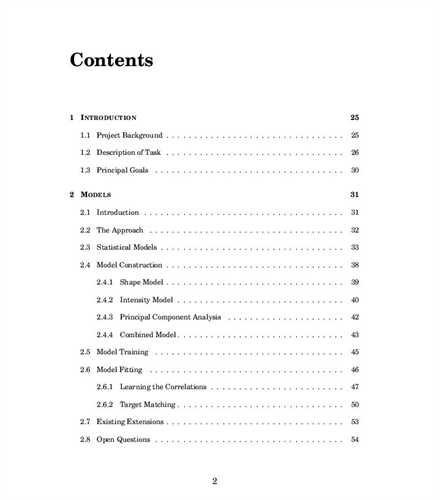THE THINKING ABOUT IT STAGE The thinking about it stage is when you are finally faced with the reality of completing your degree. Usually the early phases of a graduate program proceed in clear and very structured ways. The beginning phases of a graduate program proceed in much the same manner as an undergraduate degree program. There are clear requirements and expectations, and the graduate student moves along, step by step, getting ever closer to the completion of the program. One day, however, the clear structure begins to diminish and now you're approaching the thesis/dissertation stage. This is a new and different time. These next steps are more and more defined by you and not your adviser, the program, or the department.
Dissertation/Thesis Guide - LEARNSITE
You should supply the reader with lists of tables, figures, and any other illustrative material used in your dissertation. See the sample lists in the next section. Lists of musical examples or reproductions of art, or information about films, follow the same form as that used for lists of tables and figures.
TABLE OF CONTENTS - Harris-Stowe State University
7. Write down your ideas. This will allow you to revisit an idea later on. Or, you can modify and change an idea. If you don't write your ideas they tend to be in a continual state of change and you will probably have the feeling that you're not going anywhere. What a great feeling it is to be able to sit down and scan the many ideas you have been thinking about, if they're written down.
E-RECRUITMENT: THE EFFECTIVENESS OF THE INTERNET AS A
In this tutorial, Jeff Witchel shows you InDesign 8767 s built-in Table of Contents generator for easily creating and updating your TOC 8767 s pages.
A dedication is a message from the author prefixed to a work in tribute to a person, group, or cause. Most dedications are short statements of tribute beginning with 8775 To 8776 such as 8775 To my family 8776 .
9. Don't begin your thinking by assuming that your research will draw international attention to you!! Instead, be realistic in setting your goal. Make sure your expectations are tempered by:
Regardless of what the meeting is called, try to remember that the purpose of the meeting is for you to show everyone how well you have done in the conducting of your research study and the preparation of your dissertation. In addition there should be a seminar atmosphere where the exchange of ideas is valued. You are clearly the most knowledgeable person at this meeting when it comes to your subject. And, the members of your committee are there to hear from you and to help you better understand the very research that you have invested so much of yourself in for the past weeks. Their purpose is to help you finish your degree requirements. Of course other agenda often creep in. If that happens, try to stay on course and redirect the meeting to your agenda.
78. Potentially the silliest part of the dissertation is the Suggestions for Further Research section. This section is usually written at the very end of your writing project and little energy is left to make it very meaningful. The biggest problem with this section is that the suggestions are often ones that could have been made prior to you conducting your research. Read and reread this section until you are sure that you have made suggestions that emanate from your experiences in conducting the research and the findings that you have evolved. Make sure that your suggestions for further research serve to link your project with other projects in the future and provide a further opportunity for the reader to better understand what you have done.
If your academic program has approved inclusion of such materials, please note that these materials must match the formatting guidelines set forth in this Guide regardless of how the material was formatted for publication.
7. It can be most helpful at this early stage to try a very small preliminary research study to test out some of your ideas to help you gain further confidence in what you'd like to do. The study can be as simple as conducting half a dozen informal interviews with no attempt to document what is said. The key is that it will give you a chance to get closer to your research and to test out whether or not you really are interested in the topic. And, you can do it before you have committed yourself to doing something you may not like. Take your time and try it first.

"Thesis table of contents doc" in pictures. More images "Thesis table of contents doc".

